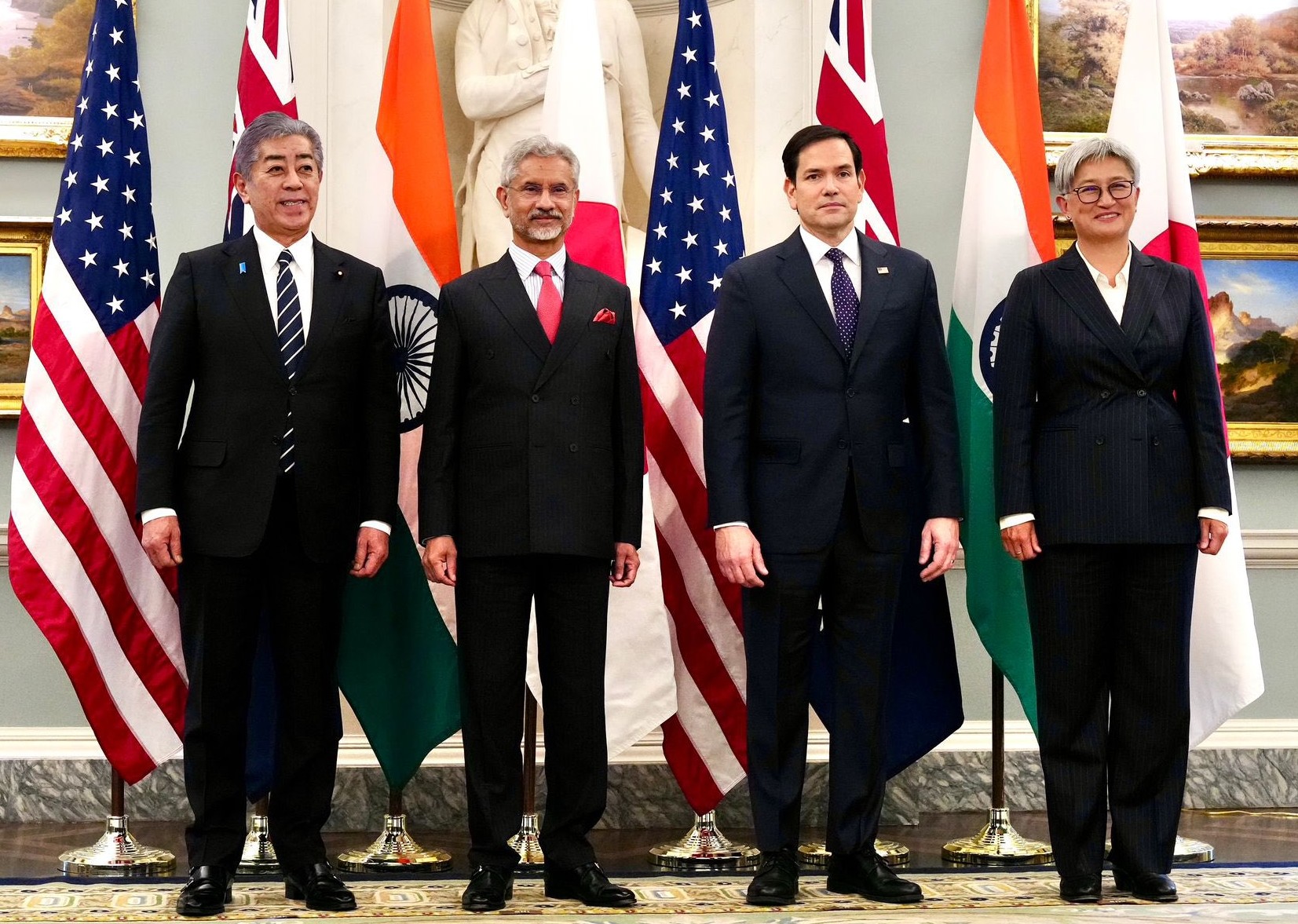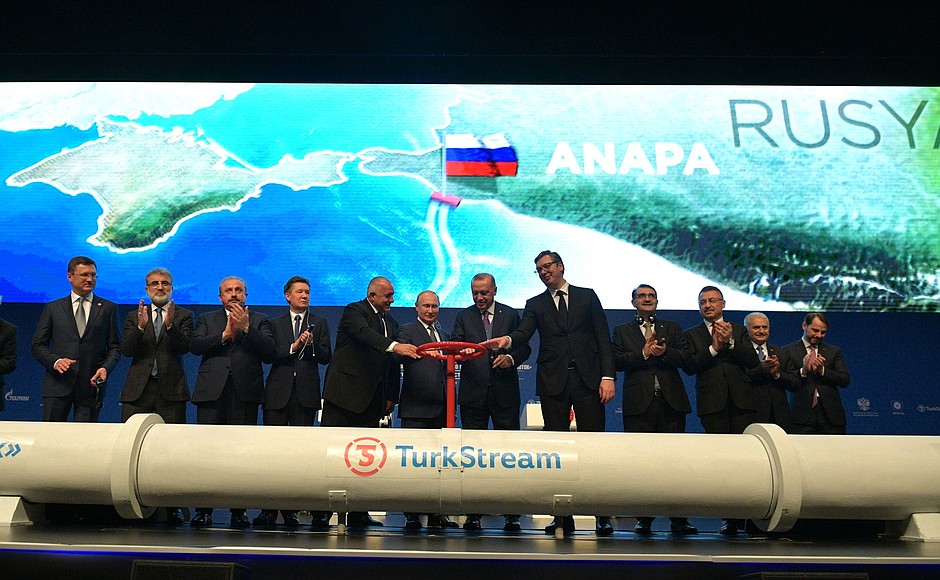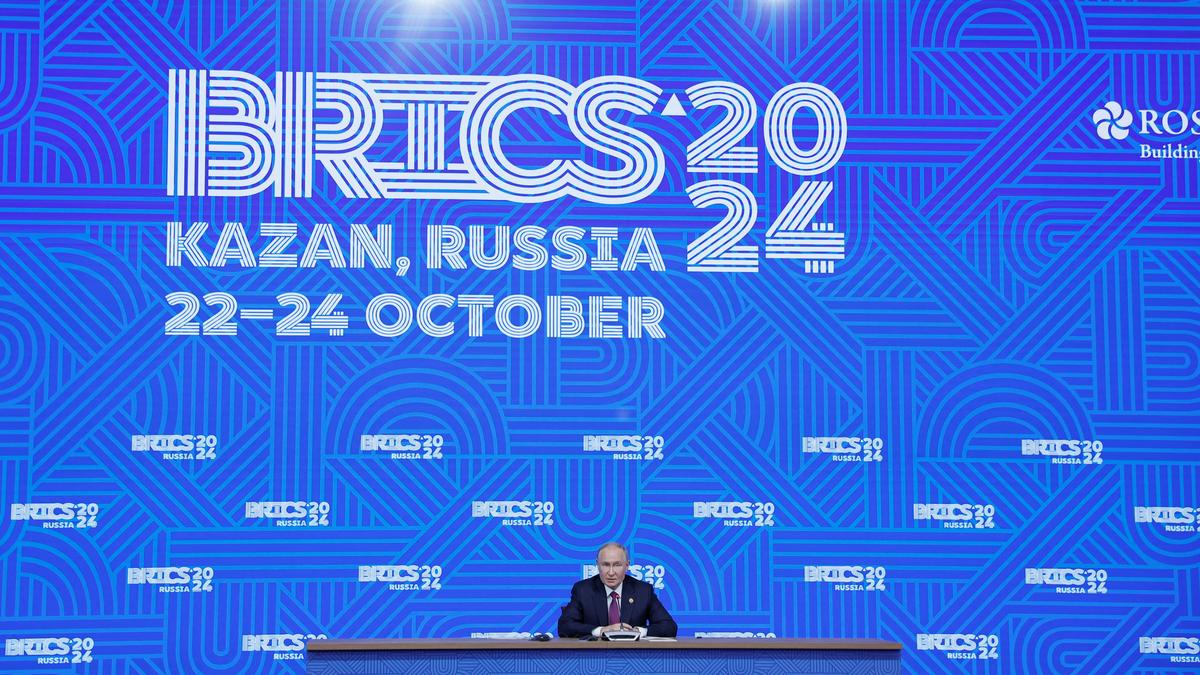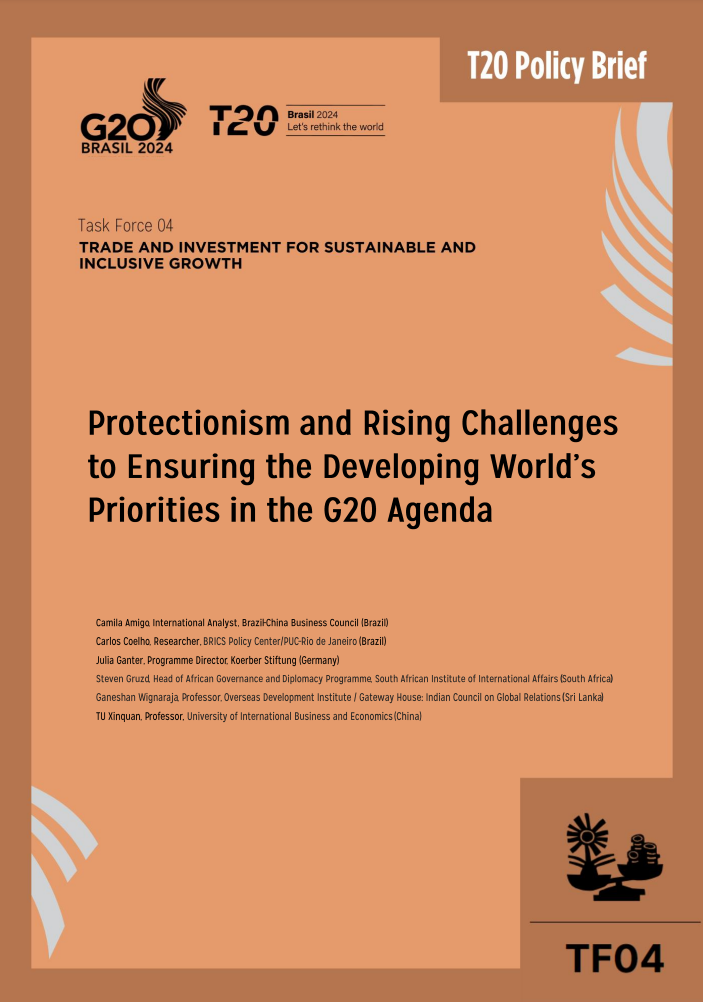The Emerging Exception
The traditional label of ‘middle power’ fails to capture India’s growing status. The country’s ability to shape the international discourse is no longer in question. India sees itself as a key player the global order.
 Courtesy: The Diplomatist
Courtesy: The Diplomatist
The traditional label of ‘middle power’ fails to capture India’s growing status. The country’s ability to shape the international discourse is no longer in question. India sees itself as a key player the global order.
 Courtesy: PTI
Courtesy: PTI
Amid polycrises, from pandemics to wars and trade wars, the global order is in flux, with the contours of the new order still unclear. As the world marks the 70th anniversary of the historic Bandung Conference, this article analyses how its Ten Principles still resonate in today's fractured geopolitical landscape and offer a roadmap for equity, inclusivity, and balance.
 Courtesy: ANI
Courtesy: ANI
The 6th BIMSTEC Summit in Bangkok on April 4, 2025 saw progress for the organisation, such as the adoption of a ‘Vision 2030’ plan outlining its goals till 2030. In other areas, the grouping continues to lag. BIMSTEC must watch for potential challenges to its future as it seeks to bridge the gaps.
 Courtesy: Hindustan Times
Courtesy: Hindustan Times
The Indo-Pacific region is vital to India’s security and economic development. With escalating threats and geopolitical competition in the region, India is seeking a favourable position through its bilateral ties with countries like Mauritius, New Zealand, Singapore, Thailand, Australia and the U.S. and special attention must be paid to the various plurilateral groupings India is a part of, to manage future issues.
 Courtesy: Institute for Global Dialogue
Courtesy: Institute for Global Dialogue
The G20 and South Africa - its presiding nation - will both face a difficult year. The U.S., one of the G20’s most vital members has not yet participated, notable by its absence from two important ministerial meetings. The U.S.’ changed foreign policy stance will be a tough challenge for G20; the Global South members will have to step up and become proactive.
 Courtesy: X
Courtesy: X
The first plurilateral meeting attended by new U.S. Secretary of State Marco Rubio was the Quad, a day after assuming office. The meeting reinforced the commitment to the Indo-Pacific but with the change in government, the Quad's trajectory in 2025 remains a question. Part of the answer lies in its past interactions, while the rest depends on how the U.S. and India will approach China.
 Courtesy: President of Russia-Events website
Courtesy: President of Russia-Events website
Europe has reduced its reliance on Russian gas following the war in Ukraine, and its chief supplier Russia is mired in western sanctions. What does it mean for Russia? It has certainly changed the fortunes for American gas to be sold to Europe: as of 2023, the US had become the world’s top exporter of gas.
 Courtesy:
Courtesy:
The 16th BRICS Summit, held in Russia’s Kazan in October, was the first summit of the expanded grouping. With 13 new partner states invited, it revealed how increased membership has the potential to enhance the grouping’s influence. For India, BRICS serves as a bridge between the west, the east, the north and the south, making New Delhi the geopolitical sweet spot.
 Courtesy:
Courtesy:
President Droupadi Murmu made state visits to Algeria, Mauritania, and Malawi from 13-19 October. It was the first-ever visit by an Indian head of state to these African nations, reflecting New Delhi's interest in strengthening its multidimensional strategic partnership with the continent. It also provides an opportunity to understand and respond to the needs of nations in the Global South.
 Courtesy:
Courtesy:
The breakdown of the Doha negotiations at the World Trade Organization and ongoing wars in Ukraine and West Asia have led to rising protectionism, which disproportionately affects developing countries. This policy brief recommends how the G20, representing nearly 75% of international trade, can leverage its position to advance a non-discriminatory, sustainable, and transparent multilateral trading system for low and middle-income countries.